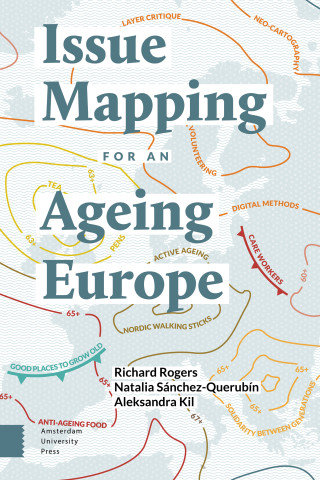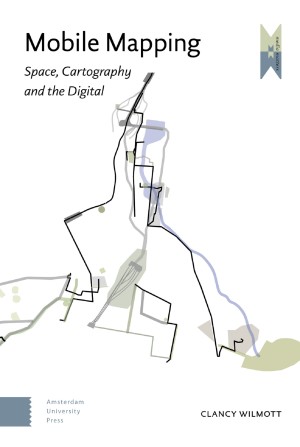This book argues for a theory of mobile mapping, a situated and spatial approach towards researching how everyday digital mobile media practices are bound up in global systems of knowledge and power. Drawing from literature in media studies and geography -- and the work of Michel Foucault and Doreen Massey -- it examines how geographical and historical material, social, and cultural conditions are embedded in the way in which contemporary (digital) cartographies are read, deployed, and engaged. This is explored through seventeen walking interviews in Hong Kong and Sydney, as potent discourses like cartographic reason continue to transform and weave through the world in ways that haunt mobile mapping and bring old conflicts into new media. In doing so, Mobile Mapping offers an interdisciplinary rethinking about how multiple translations of spatial knowledges between rational digital epistemologies and tacit ways of understanding space and experience might be conceptualized and researched.

